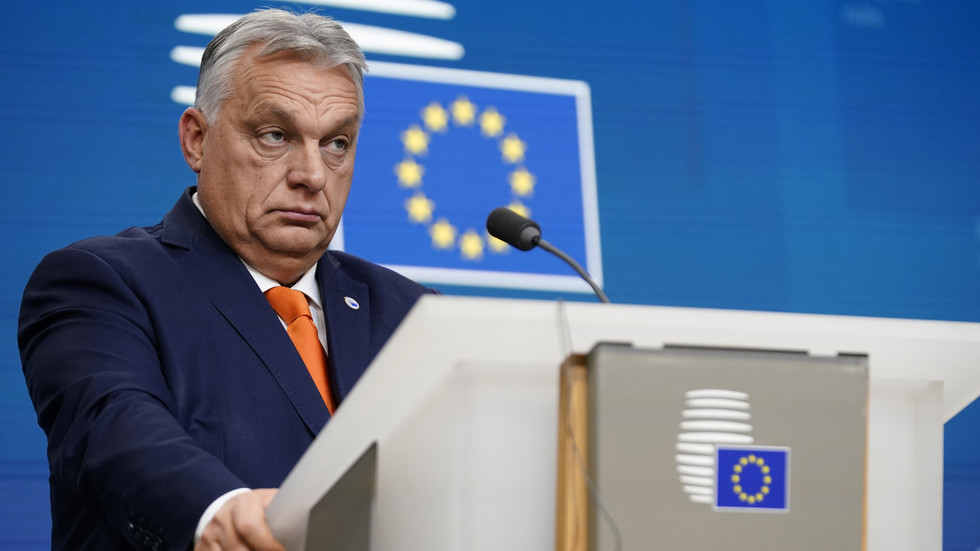NEW DELHI: Loss of Green Party in
European Parliament elections
may be bad news for EU countries’ new climate ambition at a time when
Russia-Ukraine war
has already dragged it down to an extent, but the scenario is not expected to make a major dent in existing long-term goals.
It is, however, apprehended that its impact may also be felt when the EU 27 member countries assemble to take a call on a new global climate finance goal as a part of larger group of developed countries at the 29th session of the UN climate summit (COP29) in Baku, Azerbaijan in November.
Even if there may not be a tectonic shift in overall plan, the pressure is already being felt during the ongoing negotiations on the issue at the UN conference in Bonn, Germany where the countries are trying to arrive at a broad contour of climate finance before it may get a final shape in Baku. The new global climate finance will replace the existing goal of $100 billion annual contribution of developed countries including EU nations. Climate finance is meant for helping developing countries mitigate and adapt to climate change.
Experts, however, believe that the European Parliament election results do not spell out the end of climate-progressive Europe. “Maybe some of the new policies will not come in the name of climate ambition, but that’s okay,” said Linda Kalcher, executive director of Brussels-based think tank Strategic Perspectives.
The experts even insisted that the EU’s commitments on the climate diplomacy front may not be diluted and the EU nations stand unchanged on the road to the UN climate summit. “Climate-progressive Europe still stands. The EU both can - and has to - continue to act as a positive force in climate diplomacy globally. With much work remaining, Europe shall remain serious about fulfilling its climate commitments. The green transformation will not backtrack,” said Dan Jørgensen, ministry for development cooperation and global climate policy, Denmark.
Interestingly, the Greens who have been pitching for ambitious climate actions within the EU either held or gained seats in Denmark, Sweden and the Netherlands despite a poor performance overall. They had major setbacks in France and Germany - the two major economic powers in the EU that have been quite proactive on climate actions.
There is, however, an argument that even both these countries will not afford to reverse their existing policies keeping in view the extent of investments made by businesses in the race to dominate clean technologies and energy transition as these efforts would bring jobs and ultimately benefit the overall economy.

 6 months ago
22
6 months ago
22









